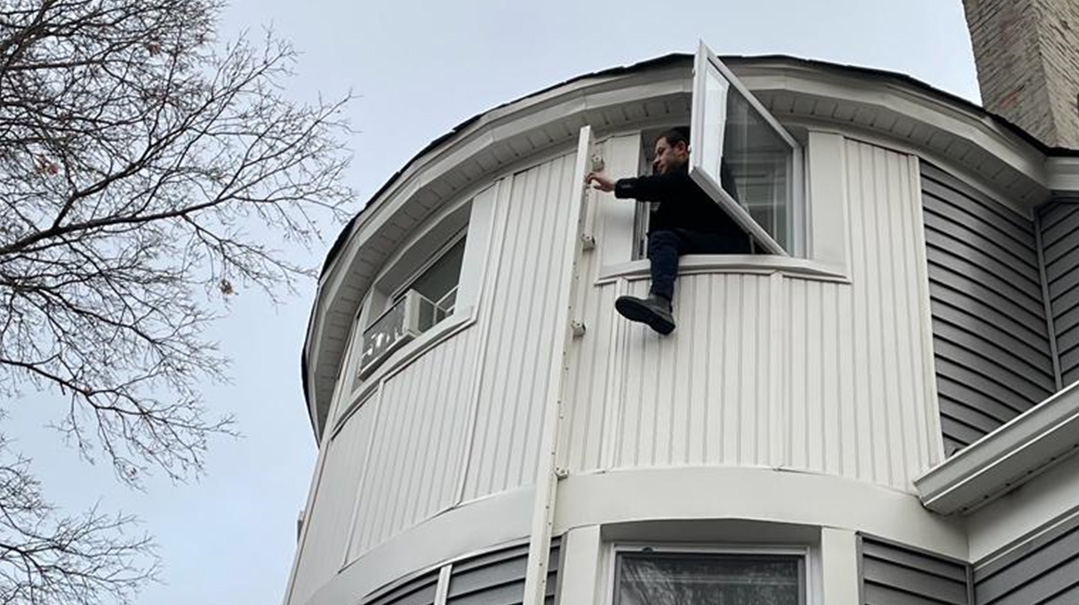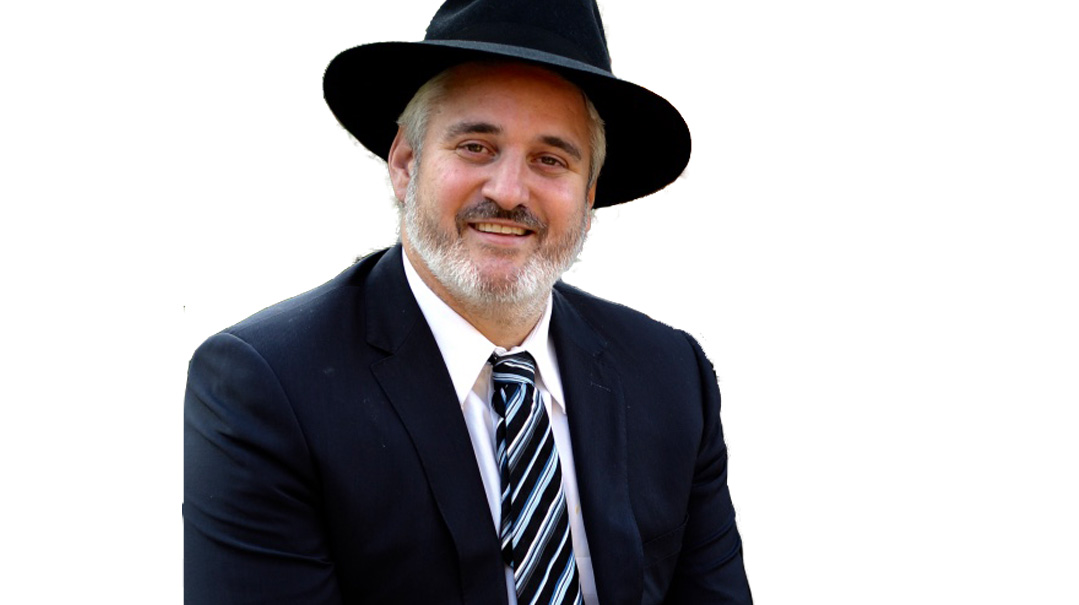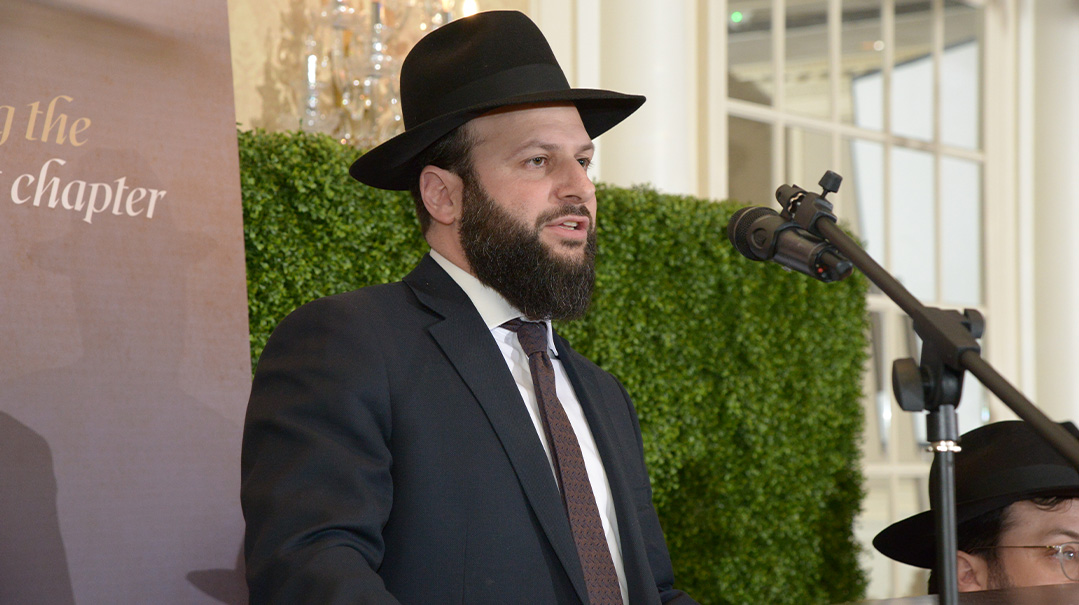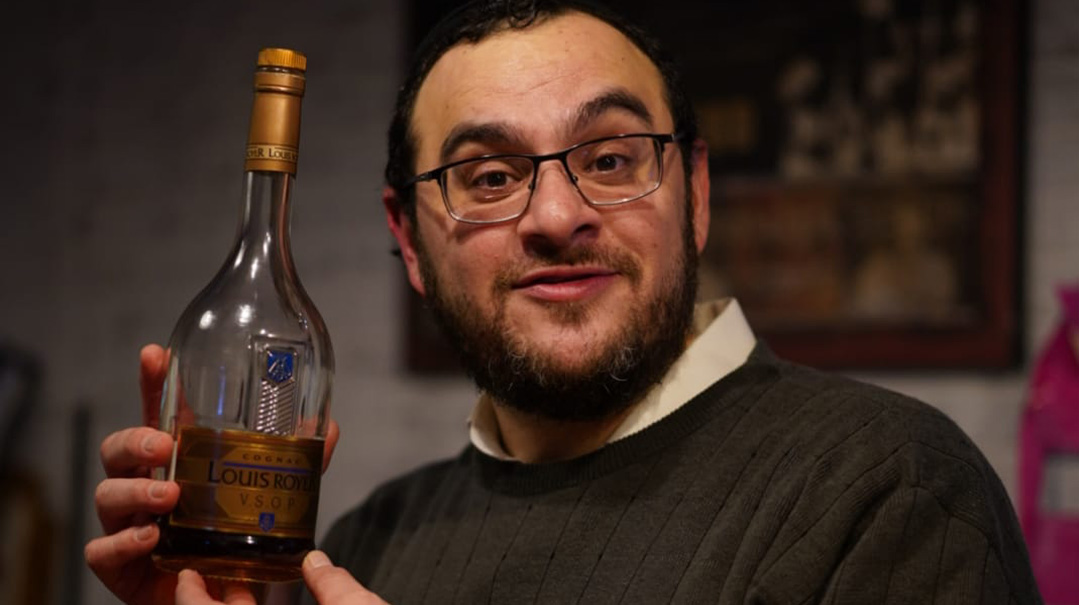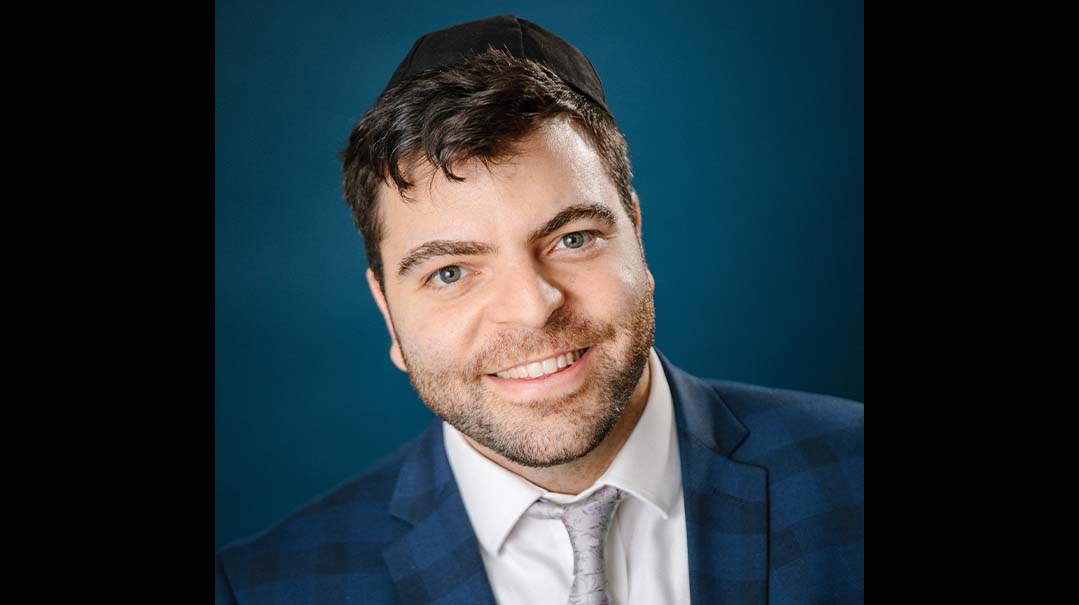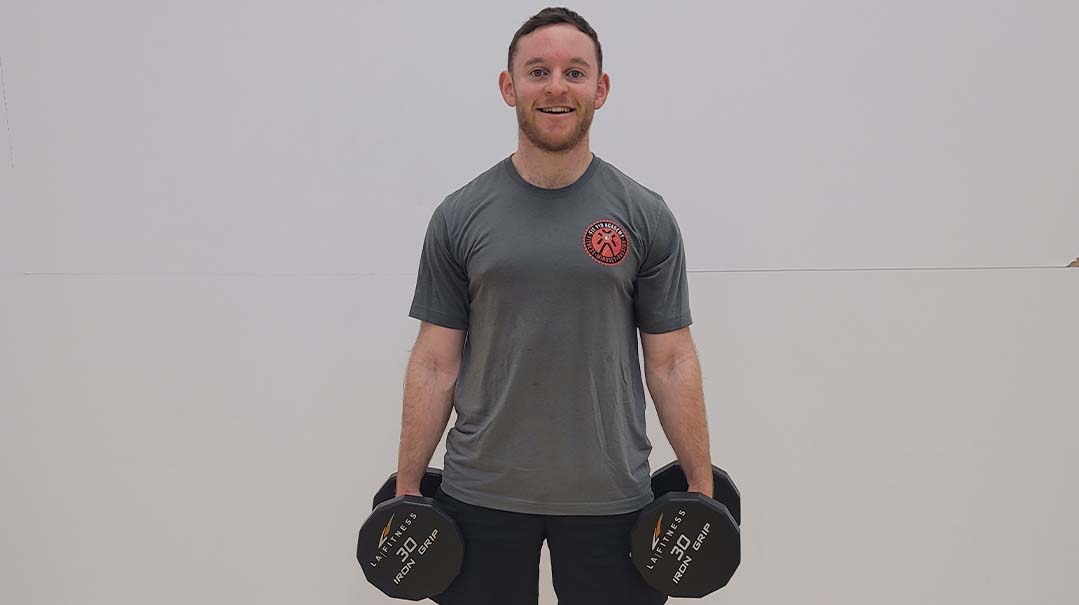Cash and Credits


Marc Merrill is the director of Torah Letzion an organization that provides scholarships to financially strapped students who want to learn in Israel post-high school.
W
hat’s the largest scholarship you’ve awarded?
Five thousand dollars. The applicant came from a totally broken family: his dad was being investigated for fraud and his mother had nothing to do with him. In fact she’d told him shortly before the end of high school that he was the source of the family’s troubles and she wished she’d never had him which has to be the hardest thing for a child to hear. With no money to his name this boy had to work during his school’s lunch break in a local pizza shop just to be able to afford to eat. Our entire team was so moved by his pain he was awarded the largest Torah Letzion scholarship ever and he ended up going to Israel for two years. He made great strides there and he’s now learning in Yeshiva University while pursuing a degree in business.
How would you define your mission?
To enable motivated students to attend yeshivos and seminaries — students who otherwise wouldn’t be able to attend because of financial difficulties. One reason learning in Israel is so important to me is because the two years I spent in Lev HaTorah in Beit Shemesh were the most impactful years of my life really shaping the person I am now. That year in Israelhas incredible potential and it’s evident from our scholarship recipients — how different they are because they had the opportunity of a year fully devoted to growth and to improving their avodas Hashem.
How did you get started?
In 2007 I was approached by Rav Boaz Mori my rosh yeshivah at Lev HaTorah to help raise funds for a student who wanted to attend our yeshivah. I raised enough not only for him but also enough to assist two other students. While fundraising I saw a bigger picture: so many students end up not going to Israel for the year because they can’t afford it and they can’t raise enough. Especially if they live outside New York where support to help students go isn’t as strong as in the Tristate area. Rav Mori taught us to be doers — he was my inspiration to start Torah Letzion.
Do you work alone?
Certainly not! Eight years ago six months after I started I mentioned Torah Letzion to a classmate Daniel Sherman and he decided to join the effort and has been my partner ever since. We also have several volunteers: one heads our communications department another serves as the Israel liaison helping students there plus a special events coordinator and a web editor.
Which schools do the scholarship recipients attend?
Generally speaking yeshivos and seminaries connected to Yeshiva University and Stern College. A lot of the networking we do for Torah Letzion is within the YU community which is where my staff and I attended college and most of our donors are from there as well. We don’t have a policy restricting scholarships to only specific schools but to give you an idea of where we’ve been sending most scholarships have gone to Lev HaTorah MMY Reishit Sha’alvim and Sharfman’s.
Do you research the students?
Yes each and every one — it’s a rigorous vetting process! We get between 200 and 250 applicants each year from November through February and each one writes three essays. We also ask the high schools and the yeshivos and seminaries for financial details — what’s going on who’s really in need if money will be coming from other sources — and for a letter of recommendation. Once we have all the information we send it to our selection committee — a group of anonymous supporters — and they spend hours reviewing applications. Then we all meet and finalize a list of about 30 scholars each year. Once they’re in Israel each recipient has several assignments to complete for the year. Every week one of them writes a devar Torah on the parshah or holiday which we e-mail to our contributors. They also write a research paper about five pages long about a halachic topic or someone in Tanach. At the end of the year they write a thank-you letter — “Thank you for making my year in Israel a possibility” — which is sent anonymously to our donors.
Who was your most memorable scholarship recipient?
There was an applicant whose family had no money but she had such a strong passion to go to Israel she offered to join the custodial service and clean the bathrooms every day so she could learn in seminary. They didn’t let her clean their bathrooms but when we heard her story we were inspired to do whatever we could to help her. She ended up attending and going back another year as a madrichah. Once she got back fromIsrael she actually volunteered with us for a year and worked with schools to get information about the financial situation of each student who applied for the scholarship.
What’s the toughest decision you’ve had to make?
Deciding which students we can’t assist. We have to do it every year and it’s always hard.
Let’s talk numbers: how many students have you assisted? How much do you award?
More than 250 students since we began the organization and each student gets on average about $2 700. We’ve given out nearly $700 000 in scholarship money since we started.
Who funds Torah Letzion?
Donors. Most are in the 20 to 30 demographic — they’ve attended yeshivah or seminary and want to pay that experience forward. We also have a lot of former scholarship recipients who become donors. Take this one girl who came from a family with no money — her life goal since she was in elementary school was to go to seminary but she thought it would never happen. She got in touch with us and we worked with her family and seminary to make it possible. She accomplished so much while in Israel and she’s really shown her hakaras hatov by giving nice contributions every year. That means the most to our team — when previous recipients give back and they understand we need them to keep going. This girl is now engaged and getting married at the end of the summer and when we found out she was getting married we were thrilled. After all we know we played a part in her becoming who she is and in the family she’ll ultimately raise.
Oops! We could not locate your form.







